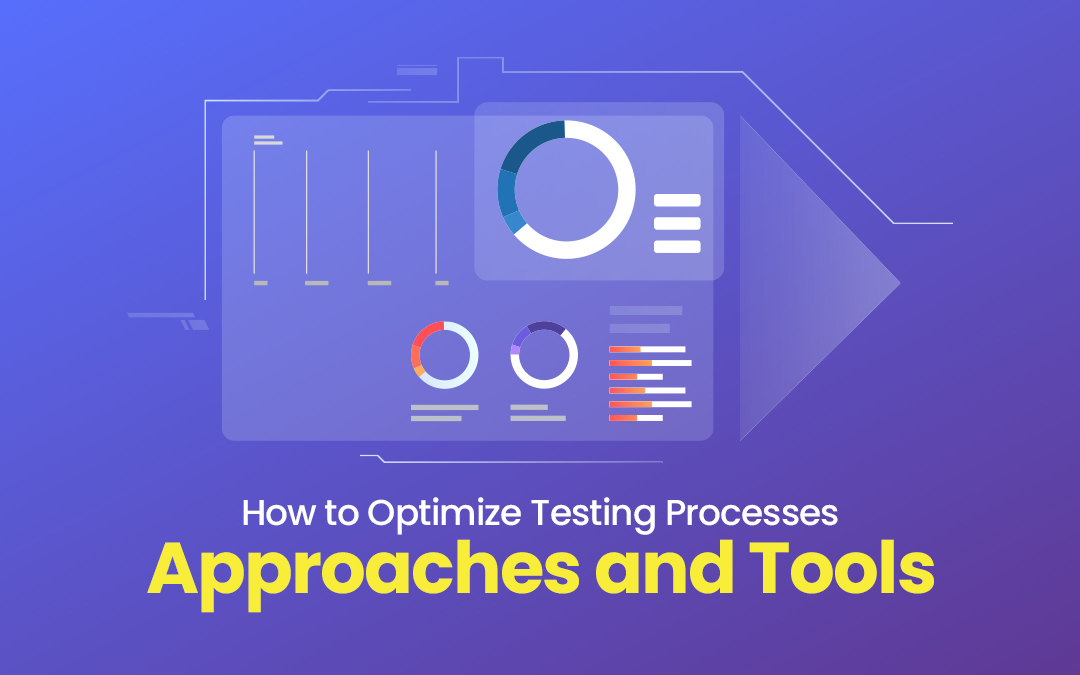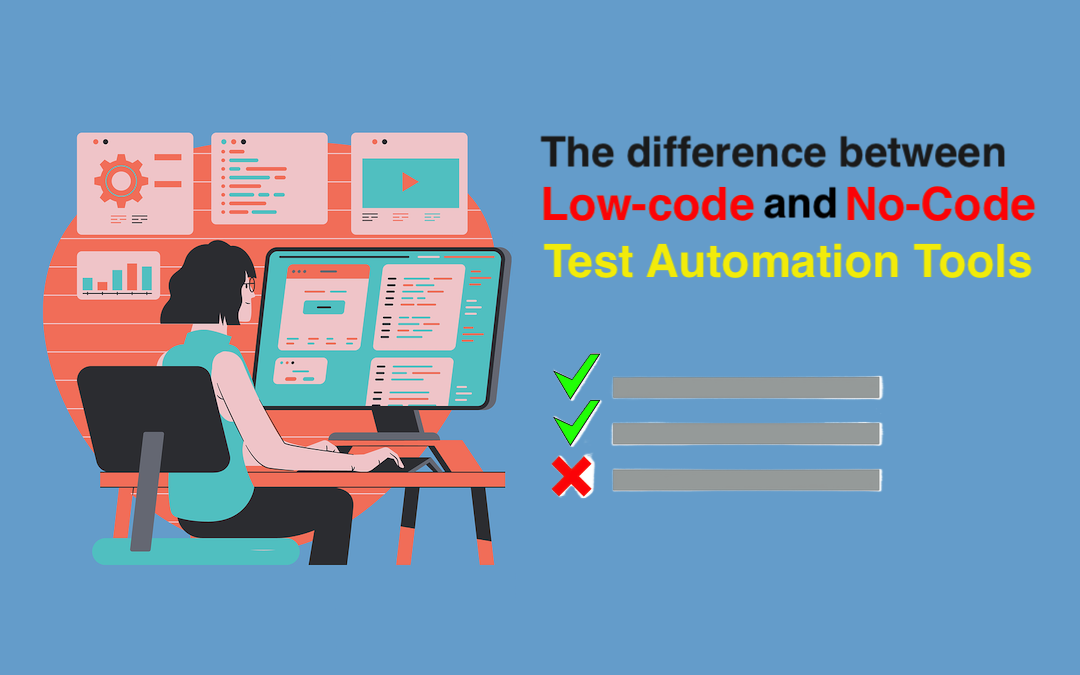
Regression testing is an essential practice in software development, especially for large applications. As enterprises continue to scale their software systems, ensuring that new updates or features do not inadvertently introduce bugs becomes a priority. Scalable regression testing tools are crucial because they streamline the testing process, keeping applications reliable and robust. This necessity becomes even more pronounced in expansive software environments where minor changes can have significant repercussions.









